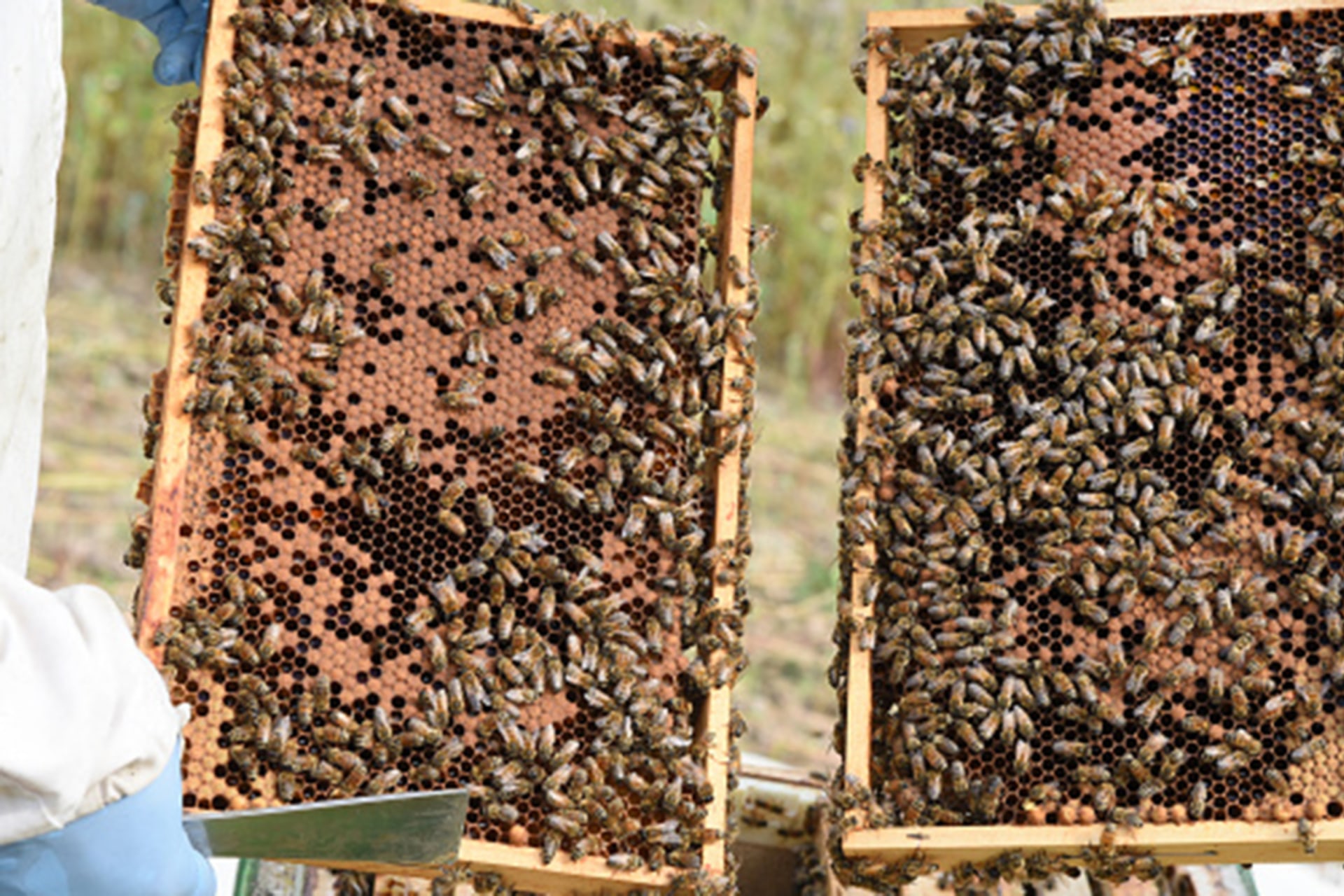Nigeria’s Beekeeping Operation Predicted to Generate $10 Billion

By experts and staff
- Published
By
- John CampbellRalph Bunche Senior Fellow for Africa Policy Studies
Nigeria opinion leaders have long been concerned with diversifying the economy and increasing rural investment. Though the country is urbanizing rapidly, roughly half of the population lives in rural areas, mostly mired in poverty; conventional wisdom holds that rural Nigerians are poorer than those that have gone to the cities, though credible evidence is lacking. That is the context for the June 24, 2019, statement by the office of Segun Awolowo, director general of the Nigerian Export Promotion Council, that honey and other beehive products could generate annually some $10 billion from local and international trade.
The statement cites data developed by USAID. It says, “according to the USAID beekeeping pollination project, Nigeria can generate over $10 billion from local and international trade in honey and other hive products as domestic consumption currently stands at 380,000 metric tons… On the other hand, the global monetary value of trade in honey alone stands at about $4.5 million. Apart from the present high and still growing demand, bee products are highly priced globally, especially in non-producer countries. Nigeria farmers generally suffer a lot from deficiencies in production, storage, handling and packaging which makes their output unfit for the export market…”
This has been a USAID goal. The agency has concluded a five-year project designed to increase smallholder income through improved access to markets, adequate financing, better water and pesticide management, and the development of improved products. A particular focus of USAID has been on women through user-friendly beekeeping technology. Between 2012 and 2017, when the program ended, USAID trained 1,200 bee farmers on beekeeping pollination services. USAID reports it also organized some 330 women into thirty beekeeping cooperatives. The USAID program targeted eight states particularly conducive to bee-keeping: Kaduna, Niger, Benue, Ondo, Cross River, Imo, Abia, and Edo. USAID’s Nigeria beekeeping project was small-scale. However, it hit all the right buttons: development of a new industry with export potential, a rural focus, and the empowerment of women. If Americans knew more about such USAID projects, they would be proud.